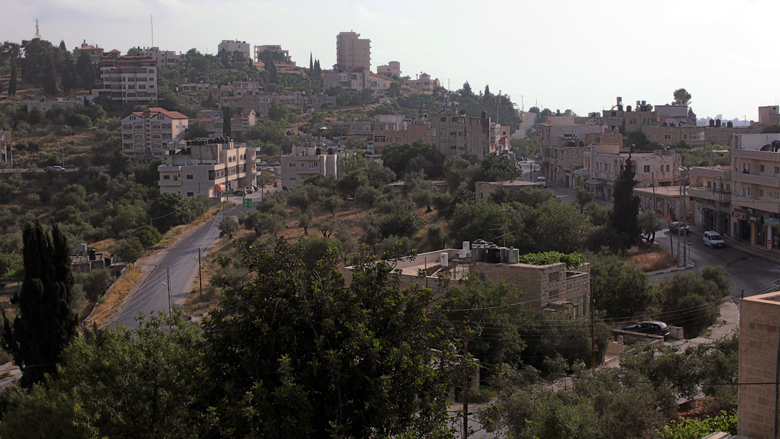Palestinian Local Government Units (LGUs) play an important role in providing services to the local population. However, very little information has been available regarding citizen satisfaction and the results of services available at the local level. Service providers and policy makers were unable to assess and compare service outcomes across the Palestinian territories, leaving a gap in fully understanding the reasons behind inequities and shortcomings in basic services.
A recent World Bank report – the Local Government Performance Assessment (LGPA) – analyzes the performance of Palestinian local authorities to better inform government interventions and policies for improving service delivery. The much-needed study included a household survey, supported by the Representative Office of Denmark and U.S. Agency for International Development with co-financing from the Palestinian Partnership for Infrastructure Development Multi-Donor Trust Fund (PID MDTF) and the Palestinian Recovery and Development Program Trust Fund (PRDP). The survey covered around 12,000 households in more than 380 Palestinian LGUs, looking at access, quality, and reliability of local services from the ‘demand side’ of the Palestinian citizen.
“Putting citizens first in policy-making requires both central and local level authorities to work in tandem to deliver on improving services. This is the first time that an assessment has been done to understand local government performance from the demand side, i.e., from the citizens,” said Marina Wes, World Bank Country Director for the West Bank and Gaza.
The LGPA report focused on outcomes in the four basic services provided by LGUs: water supply, sewage, solid waste collection, and local roads. Key findings show that access to services is relatively high, even in comparison to other countries in the region. This is a remarkable achievement, particularly given the fragile context in the Palestinian territories. However, quality and reliability of services vary widely. For example, Gaza is facing a severe water and sanitation crisis. Although almost all households in Gaza are connected to the public water network, only one percent of the households in Gaza has access to improved drinking water, in contrast to 94 percent in the West Bank. As a result, over 97 percent of the Gaza population needs to purchase potable water delivered by tanker-trucks.
Access to paved local roads is twice as high in the West Bank than in Gaza, however, over half of the surveyed households report that they are not satisfied with the conditions and quality of roads outsides their houses. For solid waste collection services, access differs by area with higher coverage in the West Bank than in Gaza. There is a noticeable correlation between the areas with low access to solid waste collection and those with minimal access to paved local roads. It is difficult for solid waste collection trucks to access areas without proper roads. This highlights the interdependence of the core services and the coordination needed for their provision.
Interestingly, the study found that there is generally no significant gender gap to access services. However, poor households and those living in more rural areas, near the Separation Barrier, and in Area C have lower access to services. Additionally, while the vast majority of households in the West Bank pays for services, the share of non-payment in Gaza is much higher for all services. The analysis further found that citizens are more likely to pay their bills on time if they are satisfied with service reliability and if they find the LGUs very responsive to citizens’ concerns or complaints.
“Access to basic services is remarkably high in the Palestinian case, even under extremely challenging circumstances of fragility and conflict. However, improving the quality and reliability of basic service provision must now move to the center of attention for policy makers and development partners. This will require improving local government finances and making local authorities more responsive to their citizens’ needs,” said Bjorn Philipp, World Bank Program Leader.
Based on the rich information, feedback, and analysis from the LGPA study, two essential recommendations stand out to help local governments improving the overall living standards of Palestinians: first, LGUs need to become more responsive to their citizens. For example, LGUs should establish citizen service centers, complaint mechanisms, and online citizen portals and explain their availability and use to the broader public. Second, local and national policy makers need to focus on enhancing local revenues and making available more funding from the central government. In parallel, LGUs need to spend their resources more efficiently and improve financial management practices.


